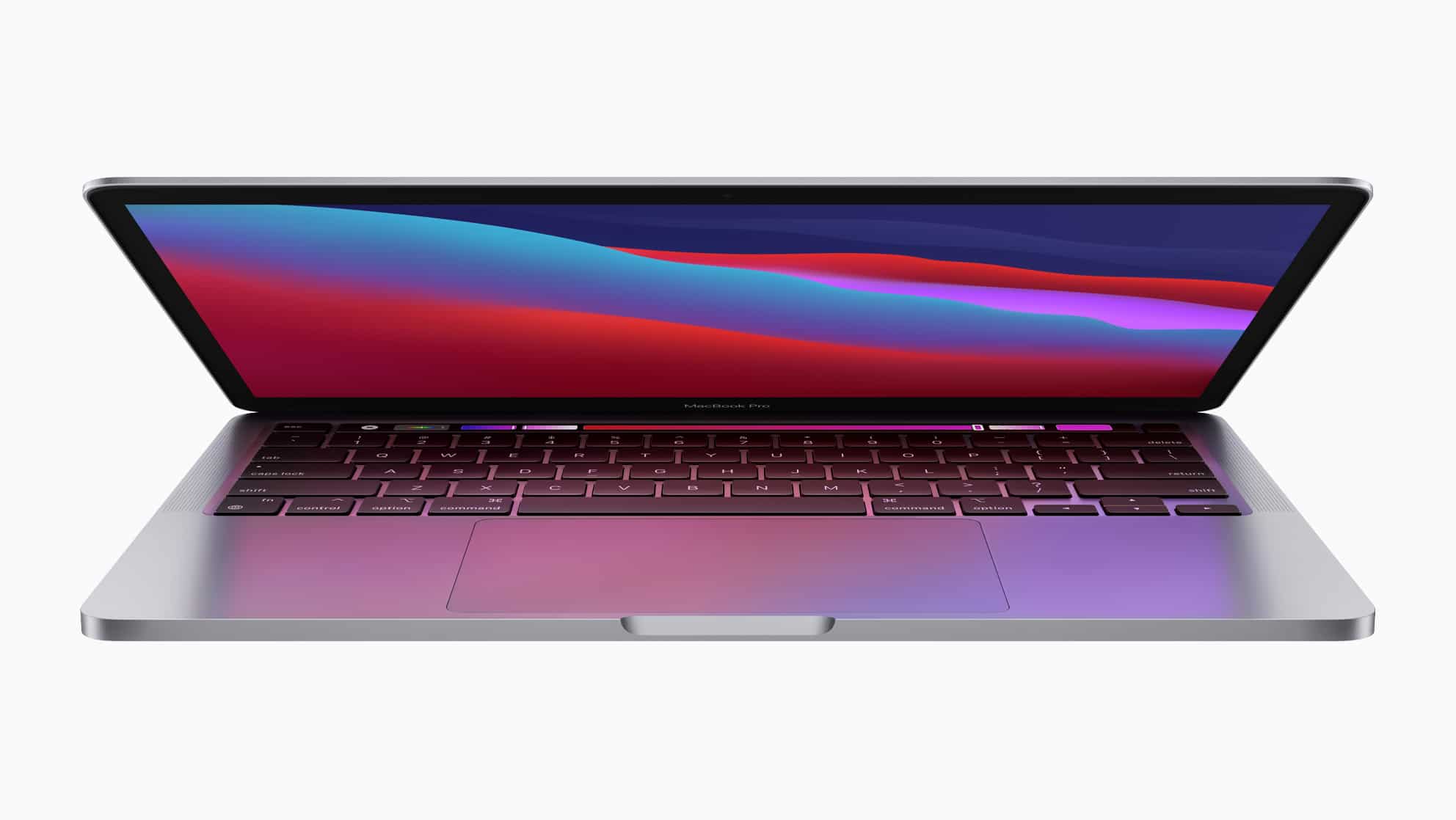
Apple made some tall claims about the performance of the M1 Apple Silicon chip inside its new MacBook Air, 13-inch MacBook Pro, and Mac mini. It also announced that the new Macs will be available for purchase right after the event. However, Apple seems to be selling the new M1 Apple Silicon-based MacBook Pro and Mac mini alongside their more powerful Intel variants.
Apple is no longer selling the low-end 13-inch MacBook Pro variants with 8th gen. Intel CPUs and two USB-C ports. Instead, it has replaced them with M1 Apple Silicon-powered variants at the same price point. However, the company continues to sell the $1,799 and $1,999 variants of the 13-inch MacBook Pro powered by Intel’s 10th gen 2GHz quad-core CPU. Similarly, for the Mac mini, Apple has replaced the low-end Intel models with its M1 Apple Silicon chip but the most expensive $1,099 model continues to feature a 3GHz Intel Core i5 6-core processor.
The company has entirely done away with Intel CPUs in its MacBook Air lineup which is now only available in two variants: one with 256GB storage and another with 512GB. Both models come with Apple’s M1 chip, with the $999 MacBook Air featuring a 7-core GPU while the $1,249 variant features an 8-core GPU. In other aspects, both machines are the same as they feature an 8-core CPU, 8GB RAM, Touch ID, and USB 4 ports.
Our Take
It is a bit surprising to see Apple still sell MacBook Pro and Mac mini with Intel CPUs in the higher-end variants. This likely points to the M1 Apple Silicon not offering the same level of peak or multi-core performance as Intel CPUs in all scenarios which is perhaps why the company took this decision. Or perhaps, Apple just wants anyone looking to buy an Intel-based MacBook Pro or Mac mini to pay a premium.
